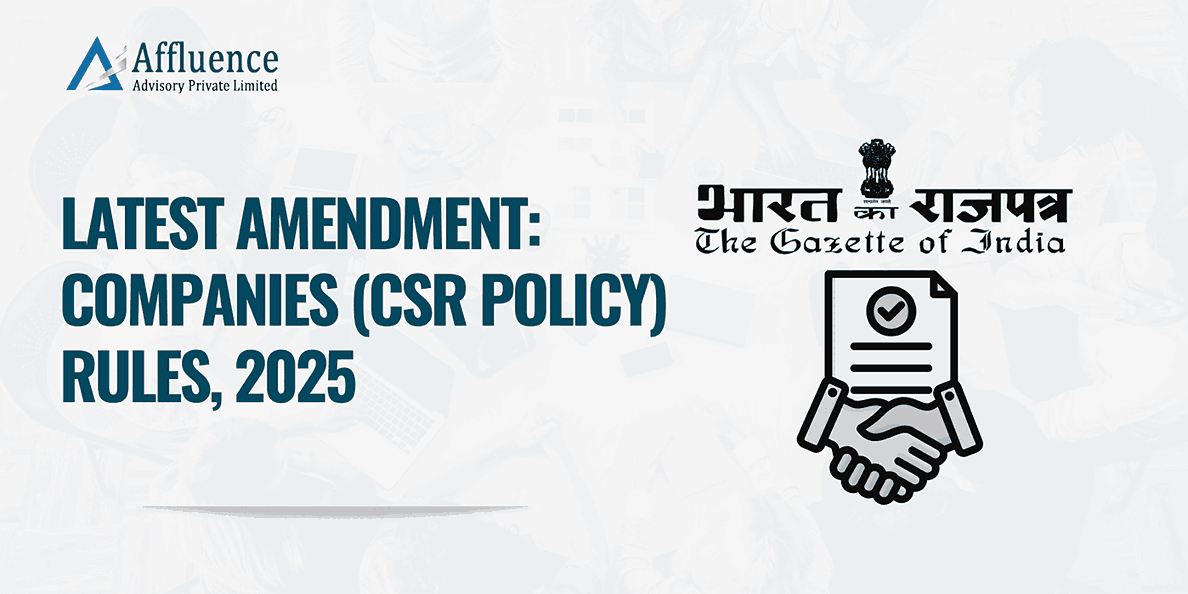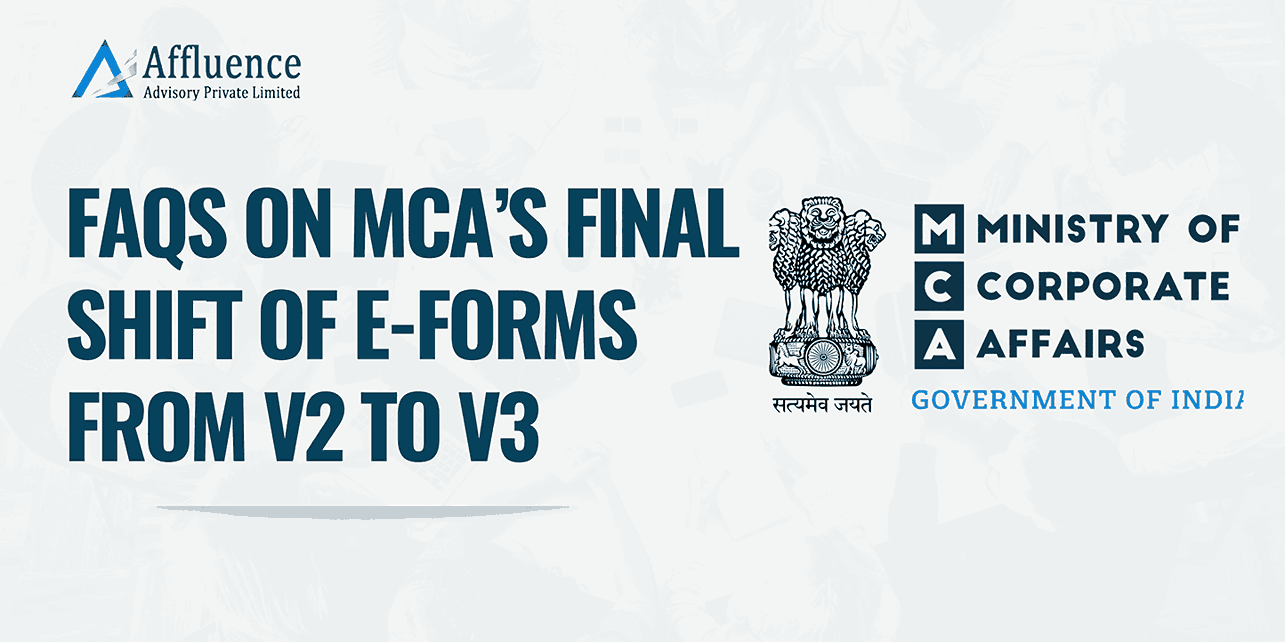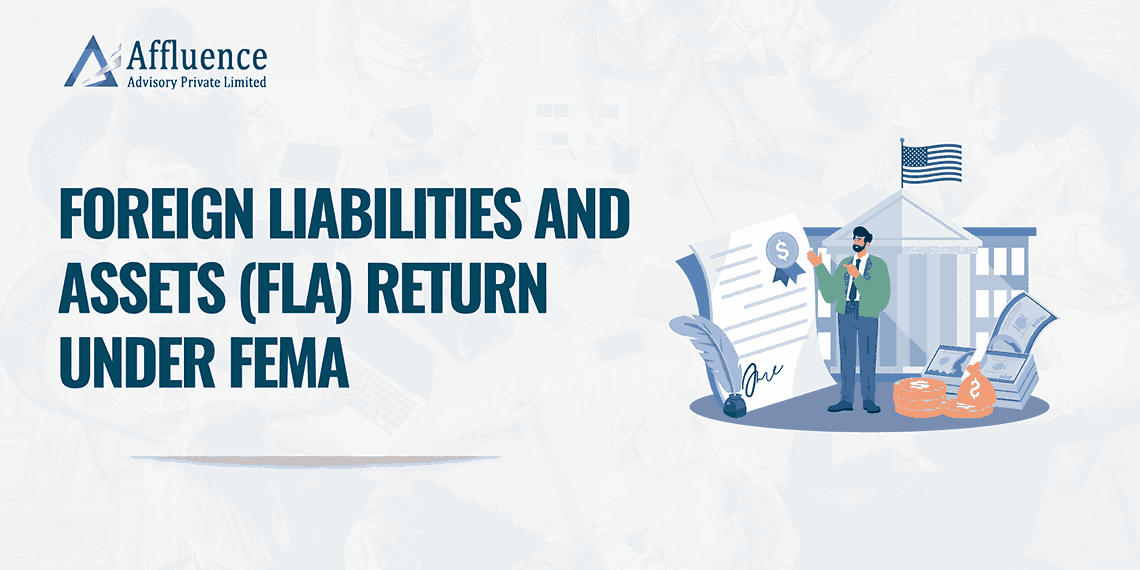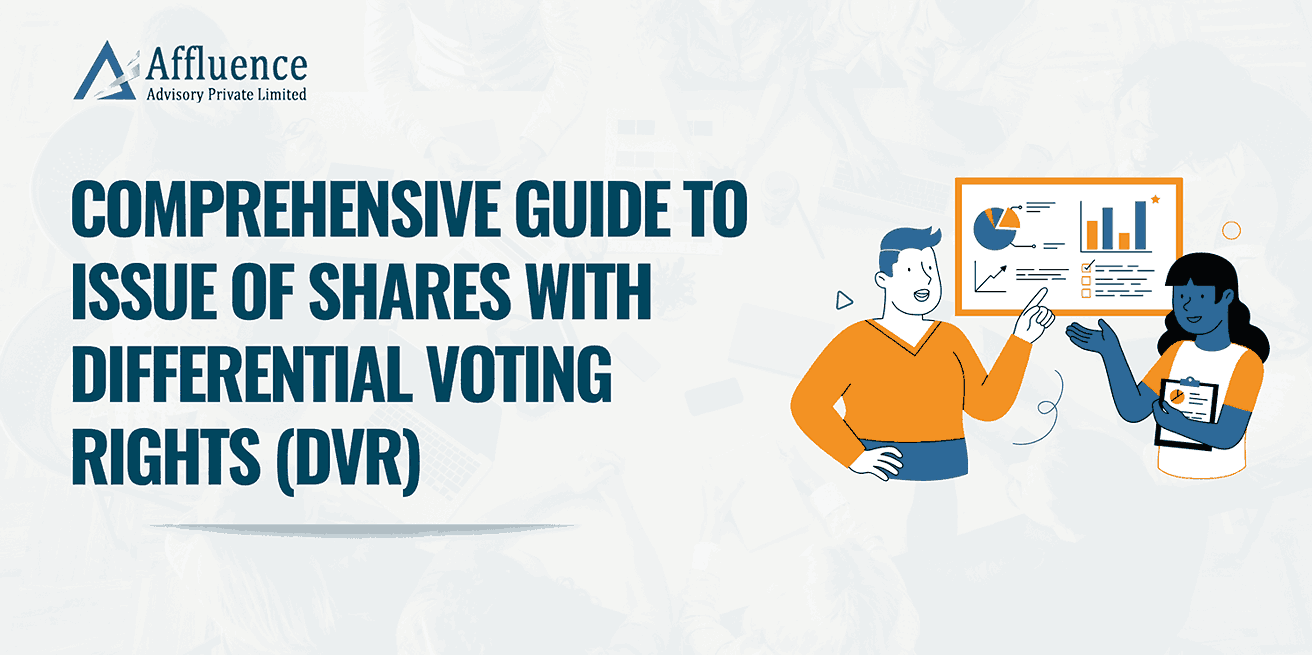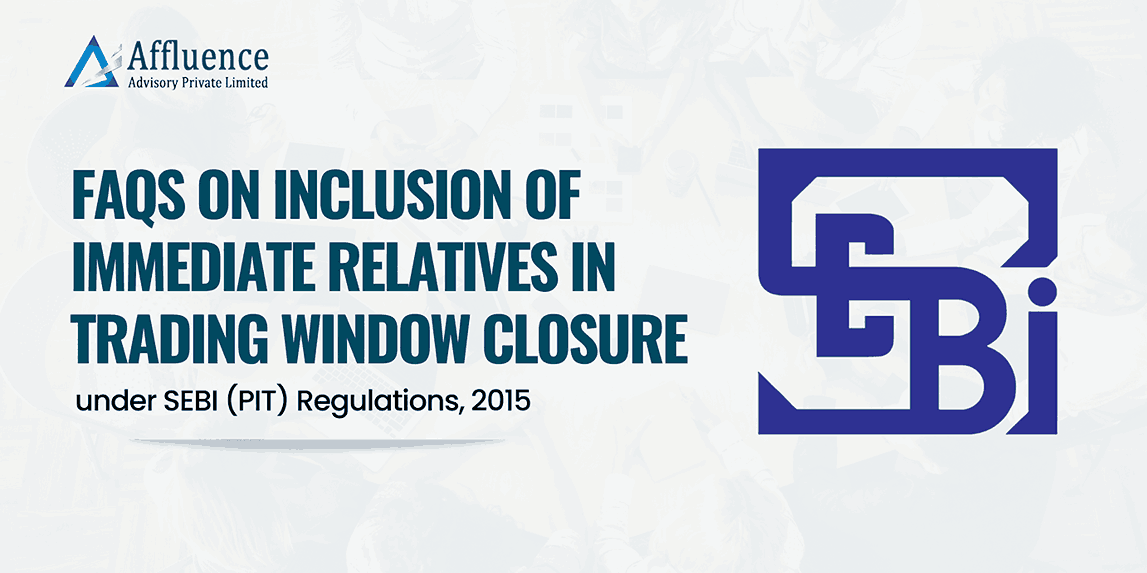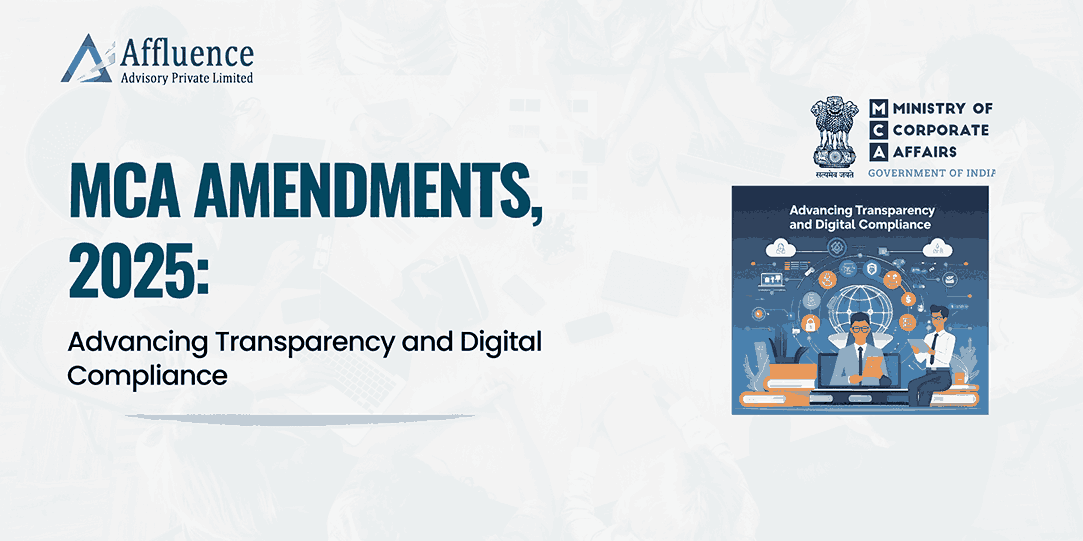What is a tripartite agreement?
A tripartite agreement is a legal document or contract involving three parties. It establishes the rights, obligations, and responsibilities of each party involved. Tripartite agreements are commonly used in various contexts, such as real estate transactions, construction projects, and financial arrangements. It is a legal instrument that clarifies the rights and obligations of all parties involved in a particular arrangement, ensuring transparency and minimizing potential disputes. The specifics of a tripartite agreement can vary depending on the nature of the transaction or relationship being established.
Why a tripartite agreement between Registrar and Share Transfer Agent and company?
A tripartite agreement between a registrar, share transfer agent, and a company typically outlines the roles, responsibilities, and obligations of each party involved in managing and facilitating the transfer of shares within a company. While the specific details and provisions may vary, here are some common elements that such an agreement may cover:
- Parties: The agreement will clearly identify the three parties involved: the registrar, the share transfer agent, and the company.
- Scope of Services: It will define the services to be provided by the registrar and share transfer agent. This may include maintaining the share register, processing share transfers, updating shareholder records, issuing new share certificates, handling dividend payments, managing share buybacks, and providing reports to the company.
- Obligations of the Registrar: The agreement will specify the registrar’s responsibilities, such as accurately maintaining the share register, ensuring compliance with applicable laws and regulations, providing timely updates to the company and shareholders, and maintaining confidentiality of shareholder information.
- Obligations of the Share Transfer Agent: The agreement will outline the responsibilities of the share transfer agent, which may include processing share transfers, verifying and approving transfer requests, updating shareholder records, issuing new share certificates, and handling any necessary communications with shareholders.
- Obligations of the Company: The agreement may outline certain obligations of the company, such as providing necessary information and documentation to the registrar and share transfer agent, cooperating in the transfer process, ensuring the availability of funds for dividend payments, and reimbursing any reasonable expenses incurred by the registrar and share transfer agent.
- Fees and Compensation: The agreement will specify the fees and compensation payable to the registrar and share transfer agent for their services. It may outline the payment terms, frequency, and any other relevant details related to financial arrangements.
- Confidentiality and Data Protection: Given the sensitive nature of shareholder information, the agreement may include provisions regarding the confidentiality and protection of data, ensuring compliance with relevant data protection and privacy laws.
- Indemnification: The agreement may contain provisions for indemnification, outlining the responsibility of each party in case of any claims, losses, or liabilities arising from their respective roles and actions.
- Term and Termination: The agreement will specify the duration of the agreement, renewal terms, and conditions for termination by either party.
- Dispute Resolution: In case of any disputes or disagreements, the agreement may outline the procedures for resolving conflicts, such as through negotiation, mediation, or arbitration.
Why SEBI has prescribed mode agreement?
A model agreement refers to a standardized template or a pre-drafted agreement that serves as a starting point or a guide for creating legal contracts or agreements between parties. It provides a framework and structure that can be customized and adapted to suit the specific needs and circumstances of the parties involved.
There is model agreement prescribed for change in RTA. Hence such model agreements were customised as per RTAs. There have been instances where due to lapse of RTA company had to bear penalty. Lapses were relating to maintenance of records, KYC documents, sample signatures etc. Due to the change in RTA fixing of responsibility for such lapses was in dispute.
What are actionable?
RTAs and listed companies are advised to publish the format of tripartite agreement on their respective websites. RTAs are advised to submit compliance of the direction given in para 4.1 above to SEBI vide email at rta@sebi.gov.in latest by June 01, 2023 along with the link of their website containing the format of tripartite agreement.
Click here to Download PDF
Disclaimer: This article provides general information existing at the time of preparation and we take no responsibility to update it with the subsequent changes in the law. The article is intended as a news update and Affluence Advisory neither assumes nor accepts any responsibility for any loss arising to any person acting or refraining from acting as a result of any material contained in this article. It is recommended that professional advice be taken based on specific facts and circumstances. This article does not substitute the need to refer to the original pronouncement


